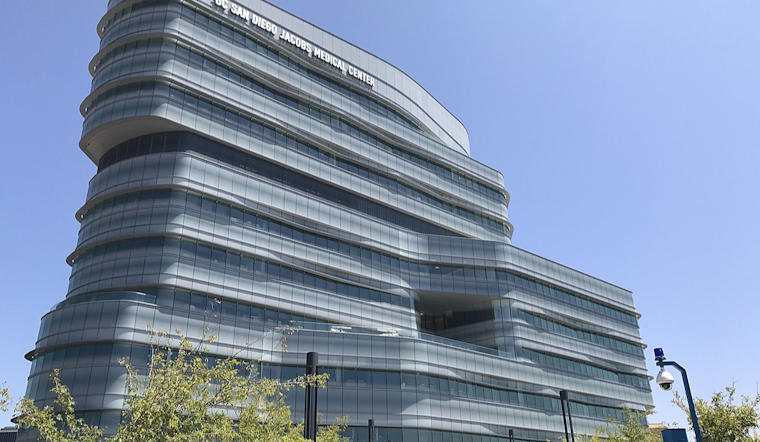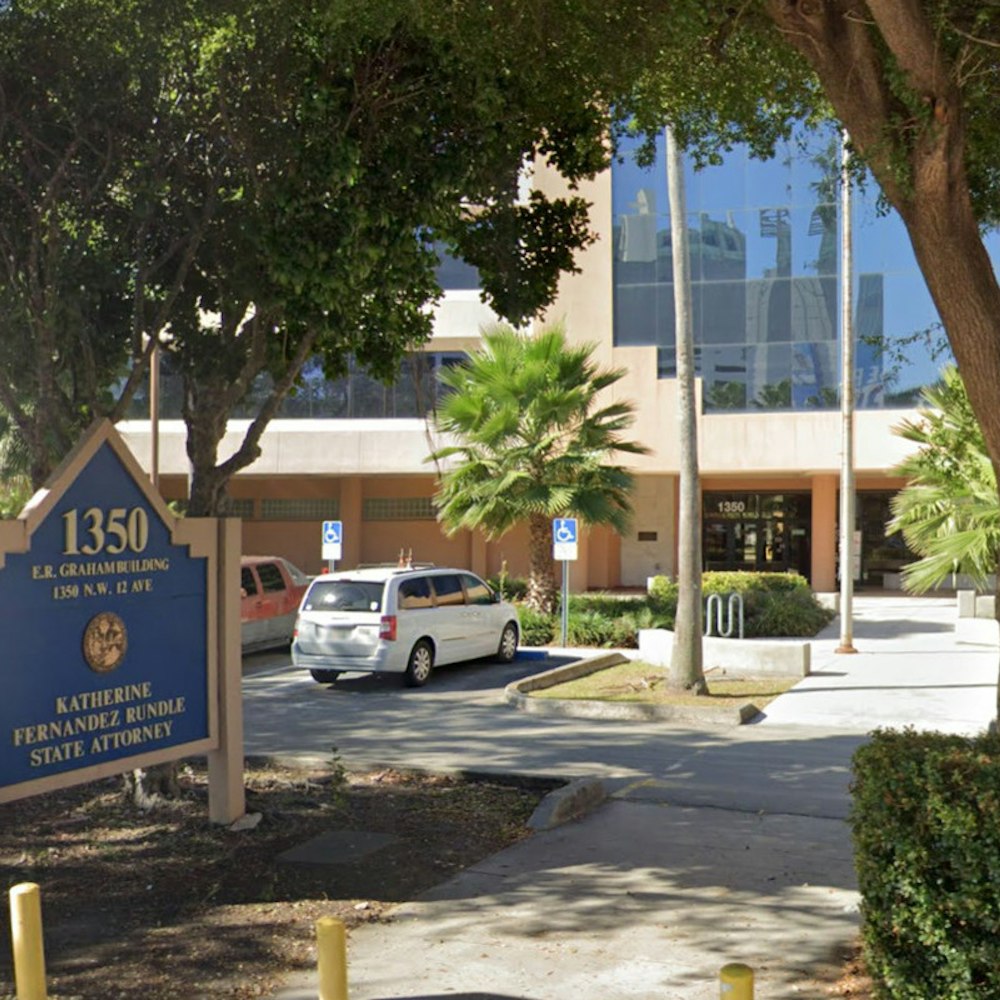
In a groundbreaking move for digital health communication, UC San Diego Health is spearheading the integration of generative artificial intelligence (AI) in handling patient messages within the Epic Systems electronic health record, becoming one of the first health systems to trailblaze this novel technology. A recent study of the University of California San Diego School of Medicine unveiled that while AI-drafted responses did not shave time off physician replies, they have notably eased the mental load by kick-starting correspondences with an empathetic touch.
Describing their research that did not exhibit a significant reduction in response times but rather highlighted cognitive relief amongst practitioners, the study's senior author Christopher Longhurst, MD, said, "The evidence that the messages are longer suggests that they are higher quality, and the data is clear that physicians appreciated the help, which lowered cognitive burden." This sentiment echoed by lead author Ming Tai-Seale, PhD, MPH, detailed that AI has been a useful ally against "writer's block," providing doctors managing around 200 messages weekly an empathy-infused draft as a basis for more considerate patient replies.
The advent of the COVID-19 pandemic boosted the adoption of digital communication between patients and physicians, with tools like MyUCSDChart propelling an urgent demand for timely replies. To manage the deluge of messages efficiently, UC San Diego Health, in collaboration with Epic Systems, trialed AI-drafted responses, which are clearly marked by notifications indicating AI assistance prior to the doctor's review and signature, ensuring full transparency and awareness for patients. The move is seen as a potential stride towards balancing quality interaction with the growing communication burden faced by health care providers.
Marlene Millen, MD, chief medical information officer for ambulatory care at UC San Diego Health, explained the value AI brings, stating, "AI doesn’t get tired, so even at the end of a long day, it still has the capacity to help draft an empathetic message while synthesizing the request and relevant data into the response," despite the unexpected outcome that AI messaging didn't save doctors time, the study highlights a silver lining: it might help in combating doctor burnout by supplying thorough drafts as starting points.
While the study published in the Journal of the American Medical Association’s Network Open emphasizes need for more analysis to assess patients' perspectives on longer, AI-enhanced empathetic responses, the findings propose a significant shift in health care communication through AI leverage. UC San Diego Health and the Jacobs Center for Health Innovation have been proactively testing GenAI models since May 2023, embarking on projects geared towards exploring the safe and innovative use of GenAI in health care practices. With the support of the Jacobs Center for Health Innovation at UC San Diego Health and the Agency for Healthcare Research and Quality, the study represents a coalition effort, including contributions from a team of UC San Diego researchers and a Stanford representative, to further health care innovation.









